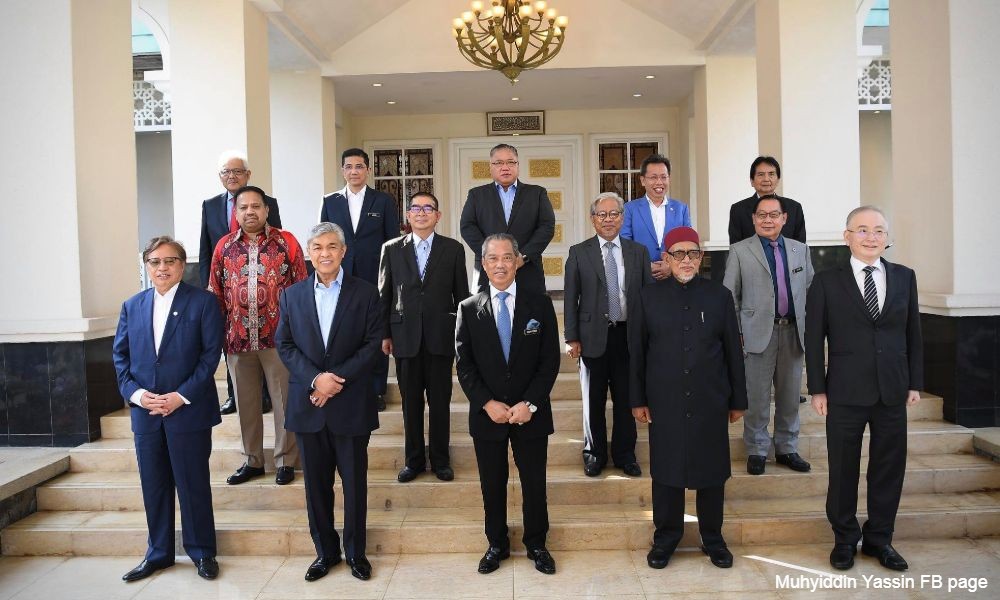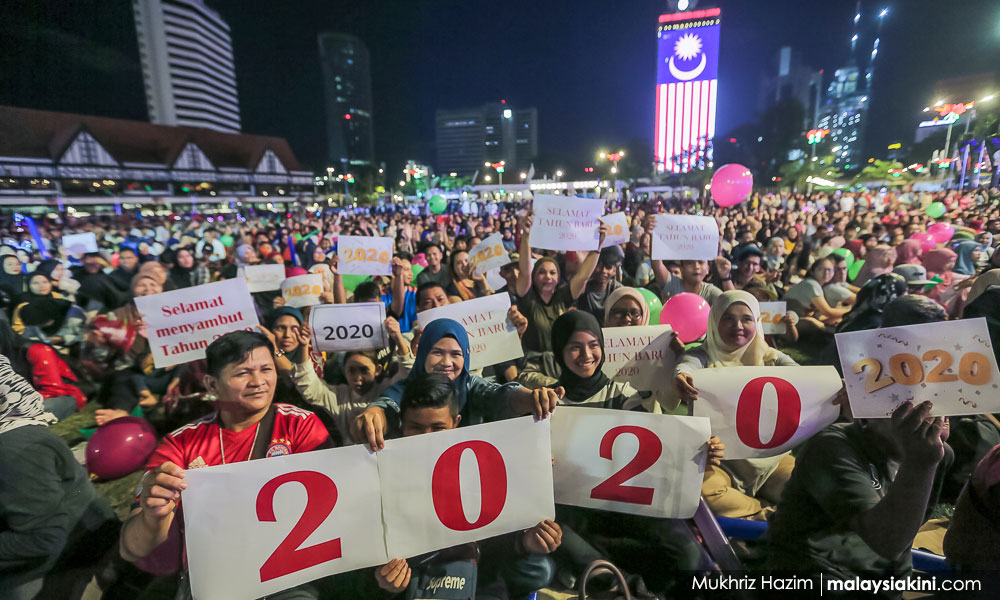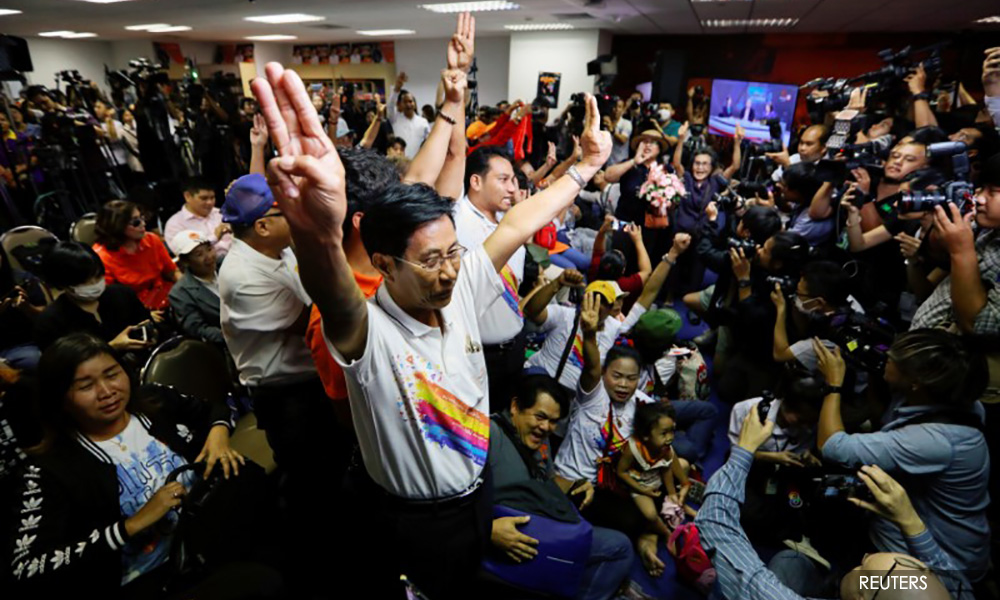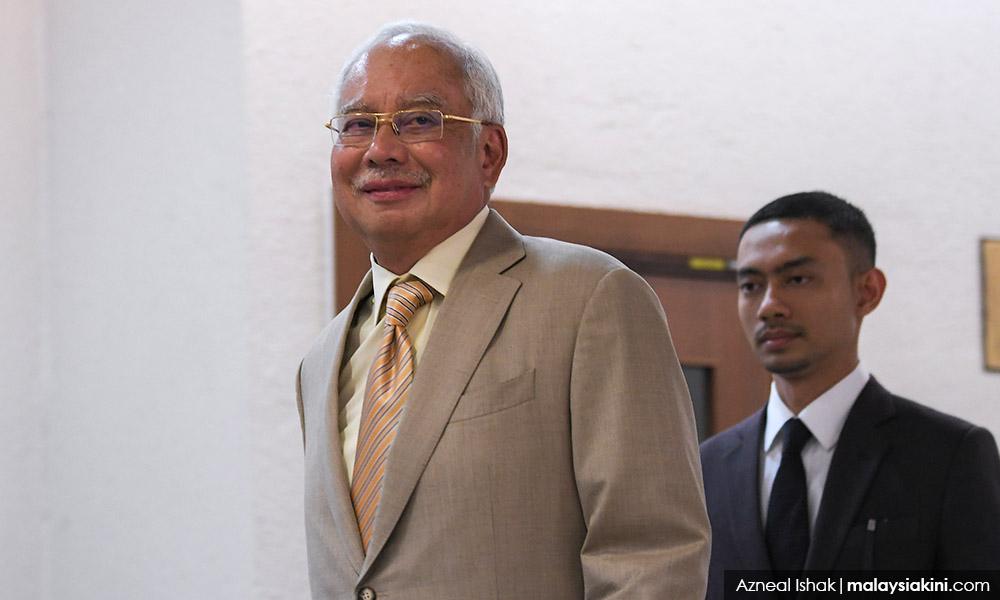
Over the last week, a number of pieces have been written about the end of Malaysia’s reformasi. Dan Slater wrote about Malaysia’s "grim stability of shattered hopes" and veteran former Far East Economic Review journalist John Berthelson has blamed both Dr Mahathir Mohamd and Anwar Ibrahim for squandering opportunities for reform and ending reformasi. Both authors are outside of Malaysia, relying on news reports and elite interviews for their doomsday reformasi predictions.
I caution that this call of reformasi’s demise is premature. In fact, I argue that it is flat out wrong. These analyses fail to understand the reformasi movement and underestimate the sentiments and political shifts taking place on the ground. In fact, there are changes taking place that point to a strengthening of reformasi and a transformation of political conditions, not its end. Let me explain.
On the surface, this "it is the end" sentiment taps into the disappointment and anger that has grown over the intense self-destructive politicking, the effective break-up of Pakatan Harapan Plus and the perceived strengthening of Muhyiddin Yassin’s Perikatan Nasional (PN) [above], which seems to hold a sufficient slim majority to get legislation through in the coming Parliament session next week and call for elections on its own terms.
No question, the cooperation of PAS and Umno also seems to have increased their chances of winning the most seats in any election. While the Chini by-election last weekend was not a "real contest" lacking political party competition, the results do show that many traditional PAS supporters have joined the Umno -led Muafakat Nasional bandwagon – a trend that actually has been happening for some time at the elite level as PAS’ leaders have followed Umno’s pattern of focusing on being in power and, sadly, enjoying the spoils of power.
Reformasi, however, has never been about cocks fighting for power and, arguably, even elections. Its driving force has always been the aspirations of Malaysians for a better Malaysia. It is driven by the public for the public. Elections have been only one of many means through which reform sentiments have been expressed. Others, to name just a few, include the Bersih movement, protests, rising criticism of governance and policies on social media.
The dreams that are dying are those of individuals currently in political parties whose failures in leadership undermined their own chances for holding power. The failings are not just the machinations of Mahathir or the intractability of Anwar but reflect on the Harapan leadership as a whole that became focused on power rather than prioritising reform.
Reform pressures remain
The public’s aspirational dream of a stronger, more inclusive and developed Malaysia– a dream of a majority of Malaysians – is alive and well. At its core, reformasi has been a movement to call for change, for reforms to address Malaysia’s challenges, to open up the system to allow more Malaysians to fulfil their dreams.

Despite recent attempts to chill freedom of speech, public discourse about the country’s challenges is more robust and hotter than ever. In fact, there is more sophistication in public policy discussions and more engagement with different parts of government. Public scrutiny has intensified and reform sentiments are intensifying. Covid-19 has enhanced attention to deliverables and increased demands from government which increases the electoral risks for the incumbents in power as they are in the hot seat. Today, there are meaningful public discussions about reforms to health care, social protections, economic policy and more, a deepening of reformasi. These are taking place during arguably the most serious contraction of the economy Malaysia has experienced, which is inherently a source of resentment.
Malaysian history has shown that greater repression – a sign of weakness not strength - does not weaken reform sentiment but strengthens it. This occurred most recently in 2015-2016 when crackdowns on journalists and critics after the revelation of the still shocking 1MDB scandal only served to provoke further anger. This sentiment underscored the rebuilding of the opposition that occurred after the break-up of Pakatan Rakyat in 2015 and brought supporters back to the opposition when its public support was waning.
It is also important to appreciate that the intense disappointment and anger that is being channelled toward Harapan currently should not be seen as an indicator of the end of a desire for reform. In fact, it is quite the opposite; it reflects persistent desire for reform to happen. People do not get angry over something they do not care about. Sure, many Malaysians are frustrated that the path they thought would bring about "New Malaysia" has been blocked. This does not mean that the sentiments have gone away. Anger can be easily rechanneled.
New forces, pressure groups
Malaysians are already looking for new ways to achieve their dreams – a development that is already happening. Nowhere is this clearer than in this weekend’s Parlimen Digital session. The sensation was not just about the robust discussion of issues, but the new faces which are not beholden by the baggage and political bitterness of the past. The young delegates – of all races and political outlooks – articulately spoke out on issues that made the Dewan Rakyat discussion pale in comparison.
What is not fully appreciated is the range of similar discussions taking place in chat groups, among friends, in the business community. The Covid-19 period has shown many Malaysians how irrelevant the politicians are as many have fallen off pedestals and meaningful conversations on how best to channel reformasi have long started, especially among the young.

Across Southeast Asia, the youth are changing the political landscape. The youth have formed parties in Indonesia, the Indonesian Solidarity Party that managed to win seats in Jakarta despite major obstacles and the predominance of political parties. Youth were also the driving force of Future Forward that won 17.6 percent of the popular vote and nearly a fifth of the seats. While the party has been targeted by Thailand’s military junta turned civilian regime, Future Forward support remains strong.
Malaysia is ripe for a youth party, a third force that can bridge the entrenched political polarisation and offer another choice for the dissatisfied. Young people easily make up half of Malaysia’s electorate. Traditional Malaysian political parties, weighed down by old leaders who have lost their varnish, have failed to adequately bring in youth voices and, even more important, failed to address the issues youth care about through reforms. On the whole, party youth leaders are no longer young and have been tarnished by the feudal hierarchical "must follow" nature of political party decision-making.
Third forces such as Bersih have played important roles in Malaysia’s reformasi movement and they will likely do so again. New NGO groups are also forming in Malaysia’s vibrant civil society. Their involvement in social issues arguably makes Malaysian civil society one of the largest and most active. The desire for a better Malaysia extends well beyond youth.
Hubris and overconfidence
The Muhyiddin PN government believes it is best positioned to capitalise on these sentiments to win power. It is riding its Covid-19 crisis-driven popularity. Yet its own reform orientation has never gained traction.
Signs are showing that the Muhyiddin government has sharply moved from a more inclusive approach in Covid-19 to take care of all Malaysians toward a more polarising tactic to hone its own political base. Race-based rhetoric is rising alongside the tactics that demonise the "other". The political polarisation in Malaysian society is real and moving back to harness base politics has risks as it opens up the possibility of the poles hardening and the middle ground moving elsewhere.
PN has two immediate, serious obstacles. The first is Najib Abdul Razak who continues to feel that he is entitled to govern and has positioned himself for a comeback. This divides PN, and Umno itself. No amount of new paint coatings will take away the damaging rot of 1MDB. The Harapan government showed that returning to the leadership of the past did not move the country forward. Whether Najib may sit out an election – as his appeals and cases leave him free to run around but still be in political play– is not the point. His persistent power inside of Umno prevents the party from moving forward.

The second is politicking within PN. Repeated claims of resolution of the PN’s prime minister candidate are being made. Malaysians have learned that the more this is said, the more problems there are around this issue. The ease of solving seat negotiations and leadership issues in PN is being overstated. It took a year for Muafakat Nasional to gel. It has weak areas and regions where resentments among these traditional parties still percolate. Bersatu coming in and demanding its share of seats and leadership is not an issue that can be resolved in a few months. A deal on the surface cannot build trust for a government to hold. It remains to be seen who the PN leader will be, how the parties will resolve their differences and how they will engage the electorate.
Keep in mind also that Umno was overconfident in 2018. It is currently extremely confident. By-elections are not a national election and the ground is fluid. In contrast to views of other analysts who see Malaysians one-dimensionally as voting along racial lines, this has not been the case for some time in their voting behaviour as other factors such as age, gender, income and region matter as well. Expecting victory based on narrow assumptions about an electorate that, with new younger voters, will be fundamentally changed one no matter when the election is called would echo the hubris and misplaced overconfidence of the past.
Finally, and not to be ignored despite its inward orientation, is that in the past, Malaysia’s opposition has shown itself that it has been able to learn and reform itself. Harapan has serious ground to cover as it took public support for granted. Rebuilding will involve humility and further reforms within the opposition itself. New alliances will likely have to emerge, along with the rise of new leaders and a new narrative. Rehashing promises of the past will not cut it. The coming Parliament session provides an opportunity for Harapan to recalibrate and raise issues that the public care about. It will not be an easy path but, here too, the past shows the ability of the opposition to move forward. It remains to be seen whether Harapan has adopted the mindset of being in power and mistakenly are overconfident. The past shows Harapan responded quickly.
Campaigns matter in Malaysian elections and the contests remain highly competitive. There is deep division in the electorate and political fragmentation, especially among the Malay electorate. The Borneo parties still remain kingmakers. While a contest largely between PN and Harapan favours PN, there is no guarantee that either will be the same as they are now moving forward or that there will not be new entrants/alliances going into any election.
Both the reformasi movement itself and the politics of reformasi are evolving. Change in Malaysia was never to be linear or easy. Simplistic characterisations of reformasi dreams being shattered or dead do not do justice to the shifts taking place in Malaysia; they grossly underestimate the ability of Malaysians to find solutions for their own future that aim to take the country forward.
BRIDGET WELSH is a Senior Research Associate at the Hu Fu Centre for East Asia Democratic Studies, a Senior Associate Fellow of The Habibie Centre, and a University Fellow of Charles Darwin University. She currently is an Honorary Research Associate of the University of Nottingham, Malaysia's Asia Research Institute (Unari) based in Kuala Lumpur. - Mkini



No comments:
Post a Comment
Note: Only a member of this blog may post a comment.